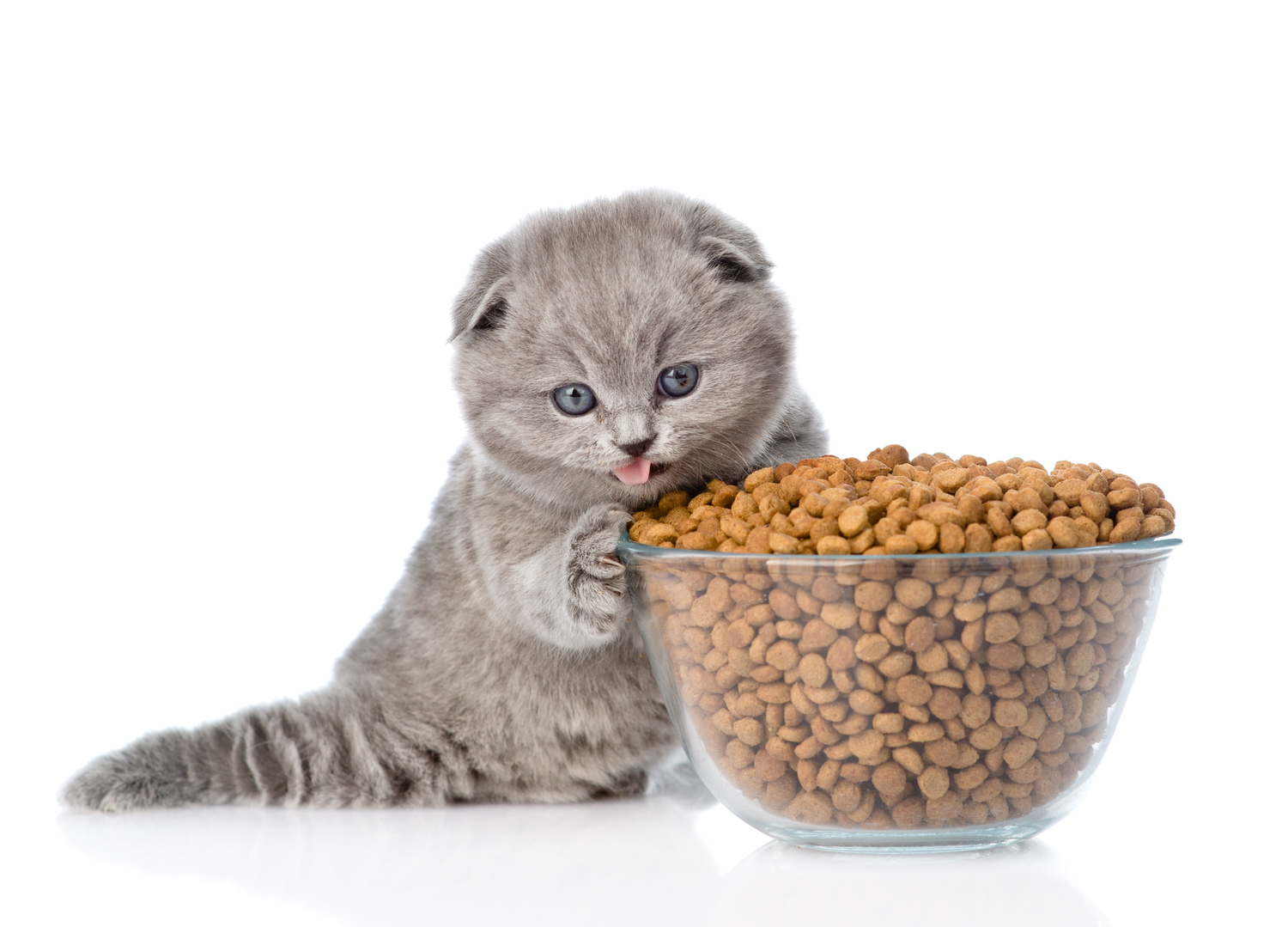
Top Diet Tips for Treating Cats with Diabetes Mellitus
Cats are often affected by diabetes mellitus, and there are several reasons for it. The most common one is obesity, and it can be treated with intense care by providing a balanced diet and proper medication using insulin. If the treatment methods are followed, well most cats can go insulin-free for the rest of their lives. Herein, we offer some diet tips for treating cats with diabetes mellitus:
1. Reduce carbohydrates
A low-carbohydrate diet is our first and probably most important tip for treating cats suffering from diabetes mellitus. However, cats suffering from kidney problems can be exempted from this diet. You must consult a vet to know the actual amount of carbohydrate level and the quantity to be feed. Do not feed any such product directly from the market without your vet’s permission.
2. Foods with fiber are great
Fibre-rich food plays a vital role in controlling blood sugar levels. Diet with a good amount of fiber also helps in reducing weight in cats suffering from obesity as it fills their stomach with fewer calories. This is one of the important diet tips for cats with diabetes mellitus.
3. Know which type of food to give
Cats can be fed with both dry and canned food. The food’s nutritional value is more important than the texture of it. Usually, canned food is rich in proteins and fat and mostly rich in carbohydrates. Before you decide on picking the best food option for your cat consult your vet to know more about the diet plan that suits your cat.
4. Add protein to their diet
Cats suffering from diabetes mellitus loose muscle mass easily. Feeding cats with protein-rich food can help in recovering muscle loss. However, it is important to consult a vet to know more about the quantity served.
5. Watch the calories
As we know obesity is one of the main reasons for diabetes in cats. Blood sugar levels can be controlled with proper diet and food monitoring methods. It is advisable to reduce your cat’s weight slowly, sudden weight loss can bring in other health hazards. Cats with obesity should be fed with a low-calorie diet and their food quantity needs to be measured before serving. Avoid dry diets as they are rich in calories. Consult a vet before you finalize your cat’s diet plan.
6. Do not pamper them with Food
You may love your cat too much, but when it comes to following a proper diet you need to be strict. Feed your cats with food and treats only when necessary. Do not pamper them with food, this can bring serious behavioral changes and health problems. Also, maintain a standard brand when buying canned food. Do not change them without consulting your vet as each brand is formulated differently.
7. Stick to the feeding schedule
It is important to follow a proper feeding schedule. You should stop feeding your cat throughout the day and minimize them to just two meals per day. Insulin levels need to be administrated frequently to monitor sugar levels. Diabetes can also affect underweight cats, and they need a different feeding schedule and insulin type. You must consult your veterinarian on quantities served, proper diet plan and medications.
These diet tips for cats with diabetes mellitus will help in treatment as well as strengthen their immunity levels.



